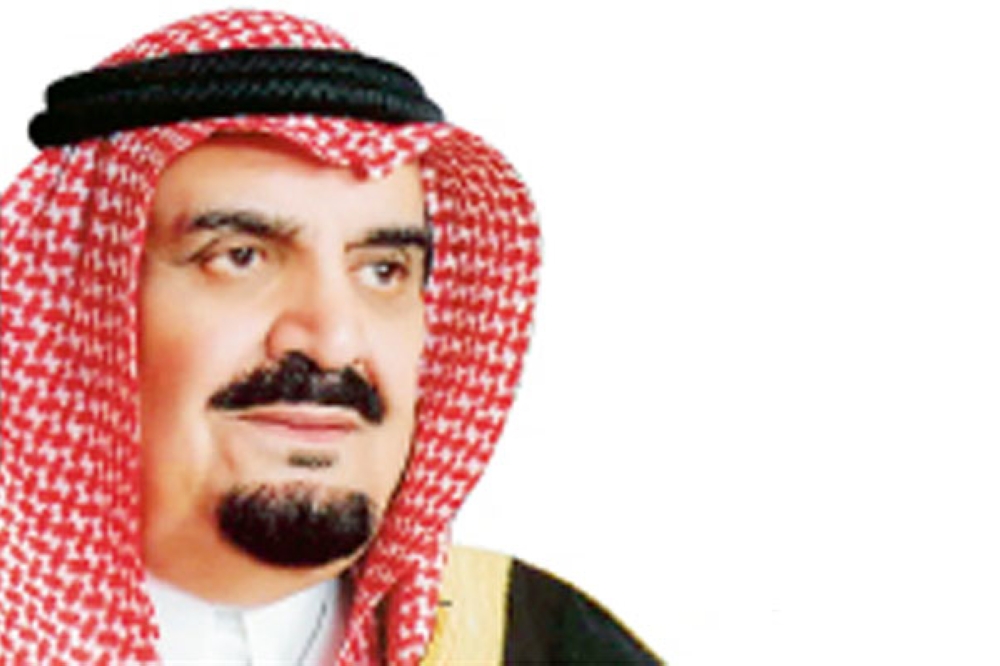Jeddah- Choosing Prince Mohammed bin Salman bin Abdulaziz to become Saudi Arabia’s crown prince proved the important role the Allegiance Council plays in the Kingdom to organize governance affairs.
Of the 34 council members, 31 voted for Prince Mohammed bin Salman in a first of its kind majority of supporting votes in the body that was established in 2006 following a royal decree by the late King Abdullah bin Abdulaziz.
The Allegiance Council had previously been a major decider in different matters related to the elements of government in the country. It supported King Abdullah’s decision to choose the late Prince Nayef bin Abdulaziz as the successor to his brother late Prince Sultan bin Abdulaziz in October of 2011.
Back then, the royal decree said that King Abdullah informed the Allegiance Council and decided to appoint Prince Nayef as the crown prince, deputy premier and minister of interior.
In April 2015, after exempting Prince Muqrin bin Abdulaziz from his post as a crown prince, at his request, the council played an important role in appointing Prince Mohammed bin Nayef bin Abdulaziz as the crown prince at that time, which led to the appointment of Prince Mohammed bin Salman bin Abdulaziz Al Saud as the deputy crown prince. Prince Mohammed bin Nayef nominated Prince Mohammed bin Salman and received support from the majority of the council’s members.
The Allegiance Council operates under an independent system to organize and arrange the governance and choose the king or the crown prince. In early 2014, late King Abdullah bin Abdulaziz referred to the council to approve his candidate Prince Muqrin to become the deputy crown prince and received the approval and votes of more than half of the members.
The Saudi governing system is characterized by great flexibility that allows the government administration, with the activity of the private sector and several civil society institutions, to work an unconventional manner to maintain political stability and diversify the sources of income to achieve sustainable development.
